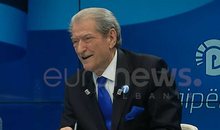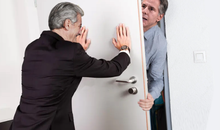
 Flash News
Flash News
Vehicle bursts into flames in Paris Commune
Electoral Crimes/ BKH agents and Police conduct checks in Shkodra
3 associates of Talo Çela arrested in Dubai
Mouse in the owl's claws, Chris LaCivita responds directly to Rama
The State Department overturns the women's ban: Berisha can come to America. What does it mean and why was the decision made a few days before May 11 / EXPLAINED
Catholic cardinals gather at the Vatican to elect a new pope/ What to know about the Conclave?
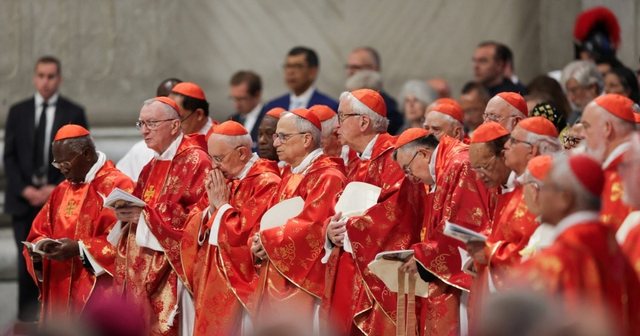
Roman Catholic cardinals gathered on Wednesday to begin the task of electing a new pope. They will remain secluded from the world until they choose the man they hope can unite a diverse but divided world church. In a ritual with roots in the Middle Ages, the cardinals will enter the Vatican's Sistine Chapel after a public Mass in St. Peter's Basilica and begin a secret council to choose a successor to Pope Francis, who died last month.
No pope has been elected on the first day of the council, known as a secret conclave, in centuries, so voting could continue for several days before one of the church's red-hatted princes gets the two-thirds majority needed to become the 267th pope. There will be only one vote on Wednesday. In the days that follow, cardinals can vote up to four times a day.
Finally, they burn the ballots, and if black smoke rises from the chimney on the roof of the chapel, it means that a new pope has not yet been chosen. The white smoke and the ringing of bells indicate that the church of 1.4 billion members has a new leader. At Mass on Wednesday morning in St. Peter's Basilica, before entering the conclave, the cardinals prayed that God would help them find a pope who will exercise "vigilant care" over the world.
In his homily, Italian Cardinal Giovanni Battista Re told his colleagues that they should set aside “any personal evaluation” when choosing a new pope and consider “only the good of the church and of humanity.” Re, dean of the College of Cardinals, is 91 and will not participate in the conclave, which is open to cardinals under the age of 80.
Cardinals have offered mixed opinions in recent days about what they want from the next pope. While some have called for a continuation of Francis' vision of more reform and openness, others have called for a return to old traditions. Many have expressed a desire for a more predictable and measured papacy. A record 133 cardinals from 70 countries will enter the Sistine Chapel, compared with 115 from 48 countries in the 2013 conclave - an increase that reflects Francis' efforts to expand the church's influence in remote regions with few Catholics.
There is still no clear favorite, although Italian Cardinal Pietro Parolin and Filipino Cardinal Luis Antonio Tagle are considered among the leading contenders. As in medieval times, the cardinals will be prohibited from communicating with the outside world during the conclave, and the Vatican has taken high-tech measures to ensure secrecy, including signal-jamming devices to prevent eavesdropping.
The average length of the last ten conclaves has been just over three days, and none has lasted more than five days. The 2013 conclave lasted just two days. The cardinals will try to wrap up the process quickly this time around, too, to avoid the impression that they are divided or that the church is without leadership./ REL
Latest news

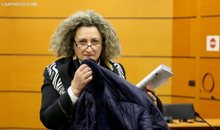
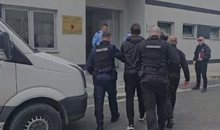
Davide Pecorrelli extradited to Albania
2025-05-08 11:29:04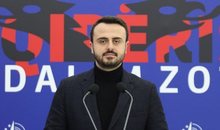
'May 11, Albania will react', Xhaferri: Electoral criminals will pay
2025-05-08 11:21:46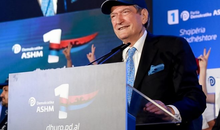
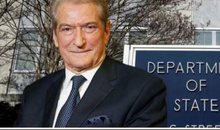
Gjin Gjoni: Non Grata fell, Rama should get ready to go to McGonigal
2025-05-08 11:01:54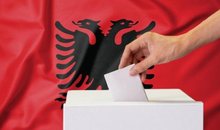
May 8th deadline for immigrants to vote in Greece extended by one day
2025-05-08 10:48:42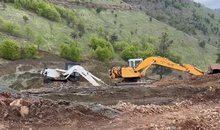
Collapse of massive chrome structure, still no trace of 29-year-old
2025-05-08 10:40:04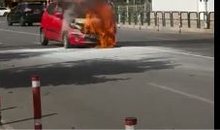
Vehicle bursts into flames in Paris Commune
2025-05-08 10:25:43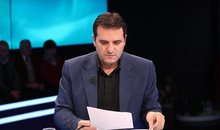
He gave land to his father and cousin, Basir Çollaku denounces the SP candidate
2025-05-08 10:16:16
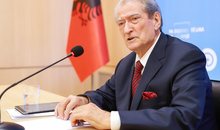
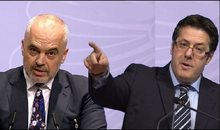
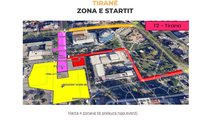
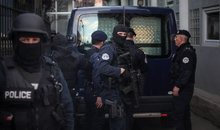
Electoral Crimes/ BKH agents and Police conduct checks in Shkodra
2025-05-08 09:19:13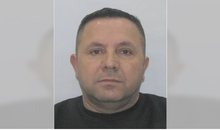
3 associates of Talo Çela arrested in Dubai
2025-05-08 09:02:28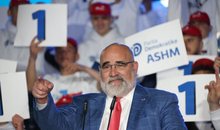
Mouse in the owl's claws, Chris LaCivita responds directly to Rama
2025-05-08 08:45:40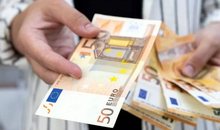
Foreign exchange, how much foreign currencies are sold and bought today
2025-05-08 08:30:38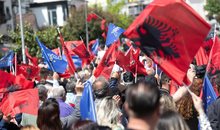
BIRN: Organized crime, the 'invisible party' of the Durrës elections
2025-05-08 08:26:35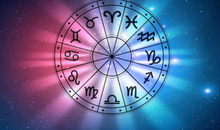
Horoscope, what do the stars have in store for you today?
2025-05-08 08:08:15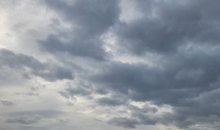
Cloudy and rainy, what the weather is expected to be like throughout the day
2025-05-08 07:52:13
Posta e mëngjesit/ Me 2 rreshta: Çfarë pati rëndësi dje në Shqipëri
2025-05-08 07:40:16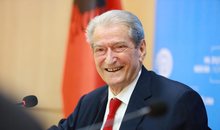
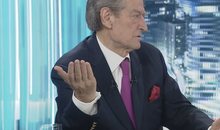

Rama attacks Bardhi: Fier cannot be represented by the world's gas
2025-05-07 22:36:22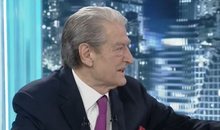
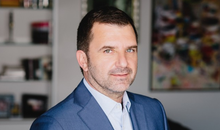
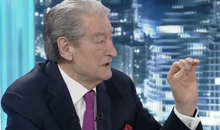
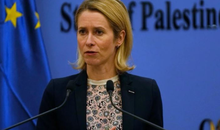
EU calls on Israel to lift humanitarian blockade in Gaza
2025-05-07 21:42:34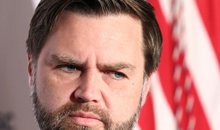
"Russia is "asking for a lot"! Vance calls for direct Moscow-Kiev talks
2025-05-07 21:20:16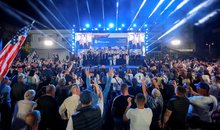

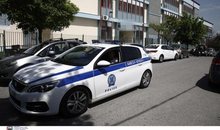
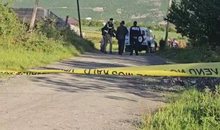
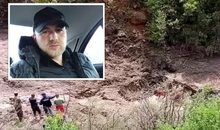
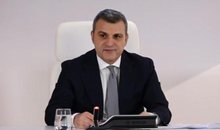
Bank of Albania sets limits on home loans, Sejko: The maximum will be 85%
2025-05-07 20:16:10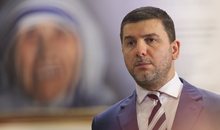
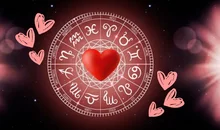
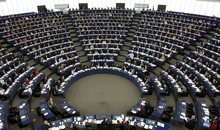
EP calls for immediate lifting of measures against Kosovo
2025-05-07 19:39:58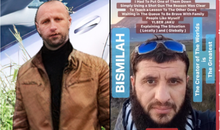
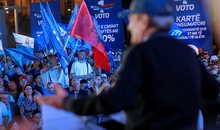
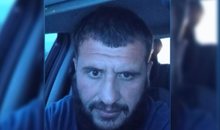

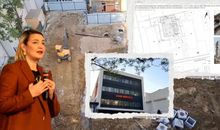
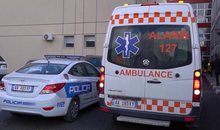
Accident on the Elbasan-Peqin axis, three police officers injured
2025-05-07 18:18:35
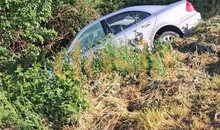
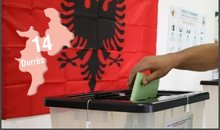
Durrës, a key mandate for the future majority is at stake
2025-05-07 17:34:00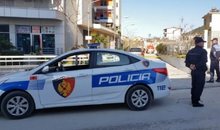
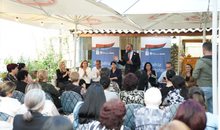
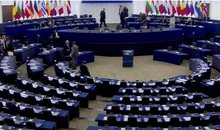
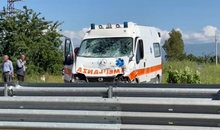
Truck collides with ambulance, police: Nurse and patient's father among injured
2025-05-07 16:51:06
The SP MP and minister "join the DP", support Jorida Tabaku with two fingers up
2025-05-07 16:33:41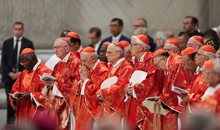
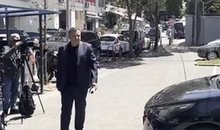
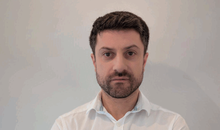
A dose of cocaine was found on him, the candidate for MP in Saranda was arrested
2025-05-07 16:02:52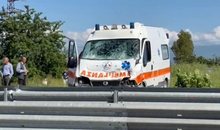
Truck and ambulance collide on the Fier-Lushnjë axis, four injured
2025-05-07 15:51:13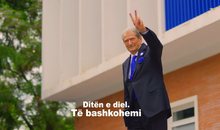

4 ways to avoid spring viruses
2025-05-07 15:28:08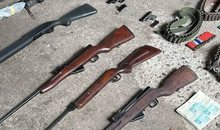
A weapons workshop was found in the north, Kosovo Police arrest one person
2025-05-07 15:13:40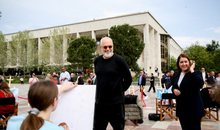
Campaign Scandal: How Students Are Being Misused for Rama's Electoral Calendar
2025-05-07 15:08:07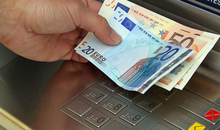
Do elections affect the exchange rate?
2025-05-07 14:54:54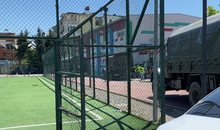
Election materials arrive in Lushnja and Divjaka
2025-05-07 14:40:15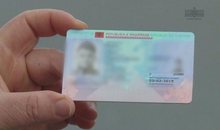
The validity period for identity documents expiring by May 11 is extended
2025-05-07 14:29:25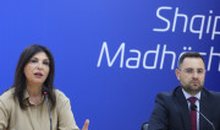
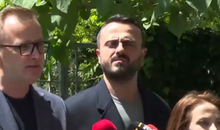

3 public questions about Irena with 3 surnames
2025-05-07 13:50:35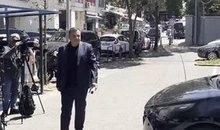
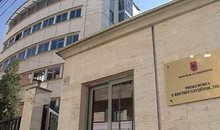
44 reports of electoral crimes/ Tirana, Fier and Dibra lead in irregularities
2025-05-07 13:30:39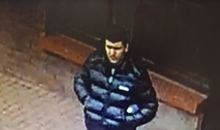
16-year-old Albanian boy goes missing in Northern Ireland
2025-05-07 13:21:25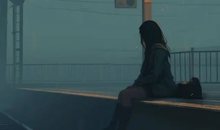
Loneliness at a young age: Why young people feel more isolated than ever before
2025-05-07 13:13:27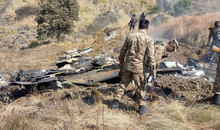
Why did India attack Pakistan with missiles?
2025-05-07 12:56:49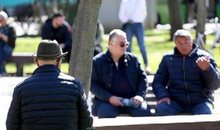

Bebe Rexha confesses the pain that no one saw at the Met Gala
2025-05-07 12:34:39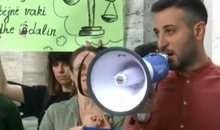
Citizens protest for Vlora airport in front of the Supreme Court
2025-05-07 12:21:00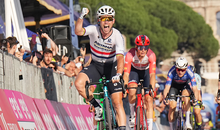
"Giro d'Italia", here are the road axes that will be blocked in Elbasan
2025-05-07 12:10:54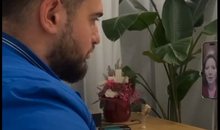
US support for family values, Vicky Hartzler supports Jonathan Panos
2025-05-07 11:58:08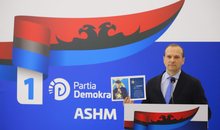
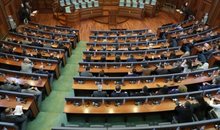
Kosovo in political deadlock, attempt to constitute Parliament fails again
2025-05-07 11:31:51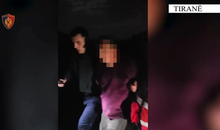
45-year-old man arrested in Tirana, raped his wife and children, then shot them
2025-05-07 11:19:12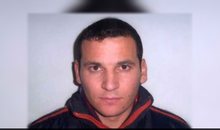
Disappearance of Jan Prenga, hearing postponed for Dritan Rexhepi and others
2025-05-07 11:10:46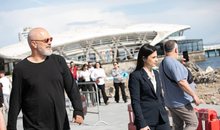
BIRN: Tourism investments in Durres spark accusations of electoral gains
2025-05-07 10:59:10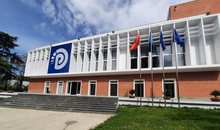
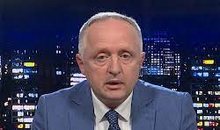
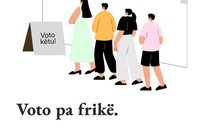
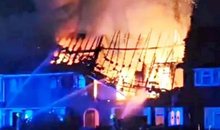
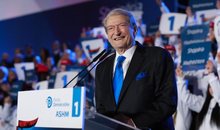
DP closes campaign on May 9, Berisha: We conclude a journey, we begin a mission
2025-05-07 10:02:03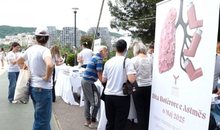
Doctors: 5% of children affected by asthma
2025-05-07 09:50:22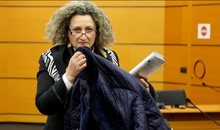
Document / Power of Attorney that "burys" Judge Irena Gjoka
2025-05-07 09:39:32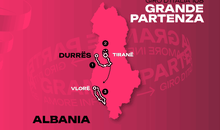
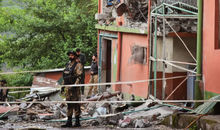
India attacks Pakistan with missiles, Trump reacts: It's a shame
2025-05-07 09:20:53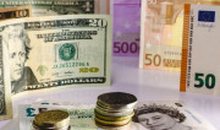
Foreign exchange/ How much foreign currencies are bought and sold today
2025-05-07 09:05:00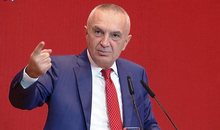
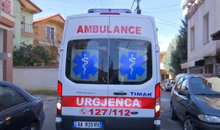
Mirditë/ Gjendet i mbytur në rezervuar 56-vjeçari
2025-05-07 08:47:03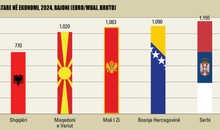
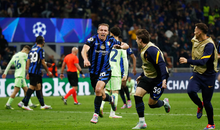
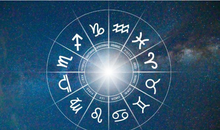
Horoscope, what do the stars have in store for you today?
2025-05-07 08:03:23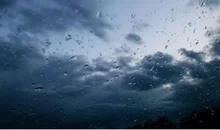

Morning Post/ In 2 lines: What mattered yesterday in Albania
2025-05-07 07:34:47